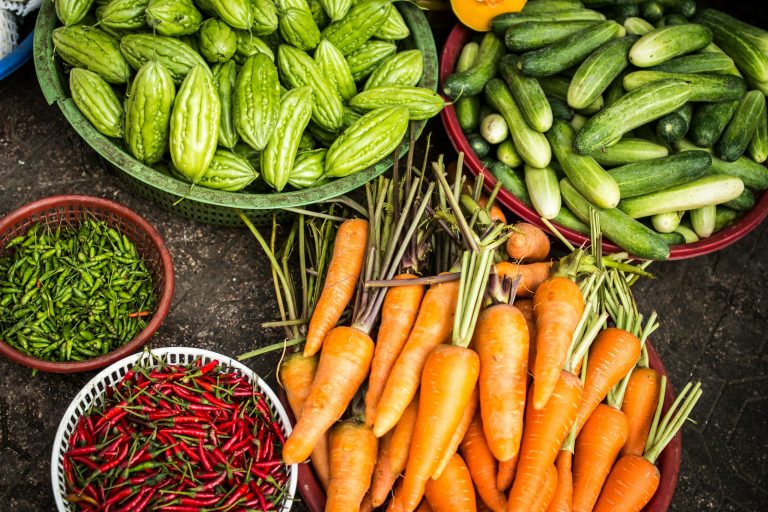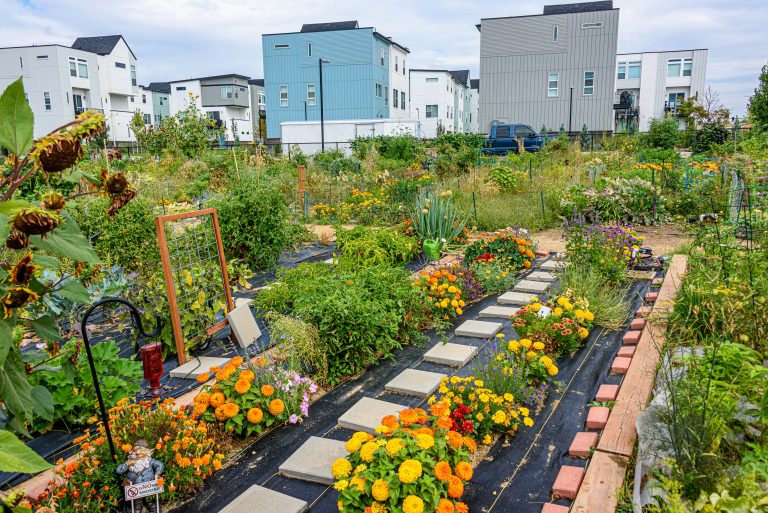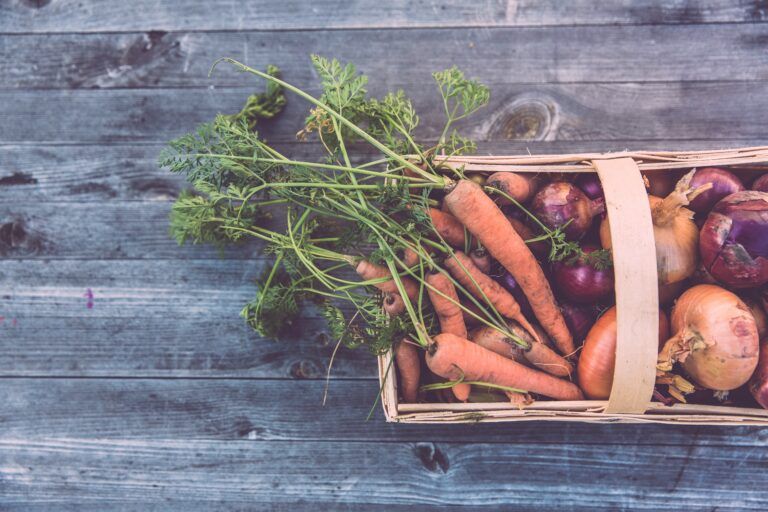The Benefits of Growing Heritage Plants

Heritage plants, also known as heirloom varieties, are a vital part of our agricultural history and play a crucial role in promoting biodiversity and sustainability. Unlike modern hybrids, heritage plants have been passed down through generations, preserving their unique traits, superior flavor, and adaptability to local climates. In this blog post, we will explore the numerous benefits of growing heritage plants and why they are essential for both gardeners and farmers.
1. Preserving Genetic Diversity
One of the primary benefits of growing heritage plants is the preservation of genetic diversity. Modern agriculture often focuses on a narrow range of high-yield crops, leading to a loss of genetic variety. This can make our food supply more vulnerable to diseases, pests, and changing climate conditions.
Heritage plants, however, come from a diverse gene pool that offers a wide range of traits, such as resistance to pests, tolerance to drought, and unique flavors. By growing these plants, gardeners and farmers help maintain genetic diversity, which is crucial for breeding new, resilient varieties.
2. Superior Flavor and Nutrition
Heritage plants are often celebrated for their exceptional flavor. Unlike many modern hybrids that are bred for appearance or shelf life, heritage varieties are selected for taste. This means that fruits and vegetables from heritage plants often have richer, more complex flavors.
Additionally, heritage plants are known for their nutritional benefits. Many heirloom varieties contain higher levels of vitamins, minerals, and antioxidants compared to their commercial counterparts. By growing heritage plants, you can enjoy better-tasting and more nutritious food.
3. Supporting Sustainable Agriculture
Sustainability is a key concern for today’s gardeners and farmers, and heritage plants are a natural fit for sustainable practices. These plants are often well-suited to organic farming methods, as they have been grown traditionally without the need for synthetic chemicals.
Because heritage plants are open-pollinated, they can be grown and harvested year after year. This reduces the need for purchasing new seeds, lowering the environmental impact and contributing to a more sustainable food system.
4. Cultural and Historical Significance
Heritage plants carry a rich cultural and historical significance. Many of these varieties have been cultivated for centuries, passed down through generations with stories and traditions attached to them. By growing heritage plants, you are preserving a piece of history and maintaining a connection to your cultural roots.
These plants are often region-specific, adapted to local climates and conditions, making them an integral part of the agricultural heritage of a particular area. Growing them helps keep these traditions alive and supports the cultural diversity of our food systems.
5. Resilience in Changing Climates
Climate change poses significant challenges to agriculture, with unpredictable weather patterns and extreme conditions becoming more common. Heritage plants, with their diverse genetic backgrounds, are often more resilient to these changes.
By selecting and saving seeds from the most successful plants in your garden, you can gradually develop varieties that are well-adapted to your specific environment. This makes heritage plants a valuable resource in building a resilient food system that can withstand the impacts of climate change.
6. Supporting Pollinator Health
Pollinators like bees and butterflies are essential for the health of our ecosystems and the productivity of our gardens. Heritage plants, with their open-pollinated flowers and rich nectar, are particularly attractive to pollinators.
Growing heritage plants helps create a pollinator-friendly environment, which is crucial for the success of many crops. By supporting pollinators, you contribute to the overall health of your garden and the surrounding ecosystem.
Conclusion
The benefits of growing heritage plants extend far beyond the garden. These plants are key to preserving genetic diversity, enhancing food flavor and nutrition, and supporting sustainable agricultural practices. They also carry significant cultural and historical value, connecting us to our agricultural roots and traditions.
In a time when sustainability and resilience are more important than ever, heritage plants offer a way to cultivate a garden that is not only productive but also environmentally friendly and rich in history. By choosing to grow heritage plants, you are contributing to a more diverse, resilient, and sustainable world.





